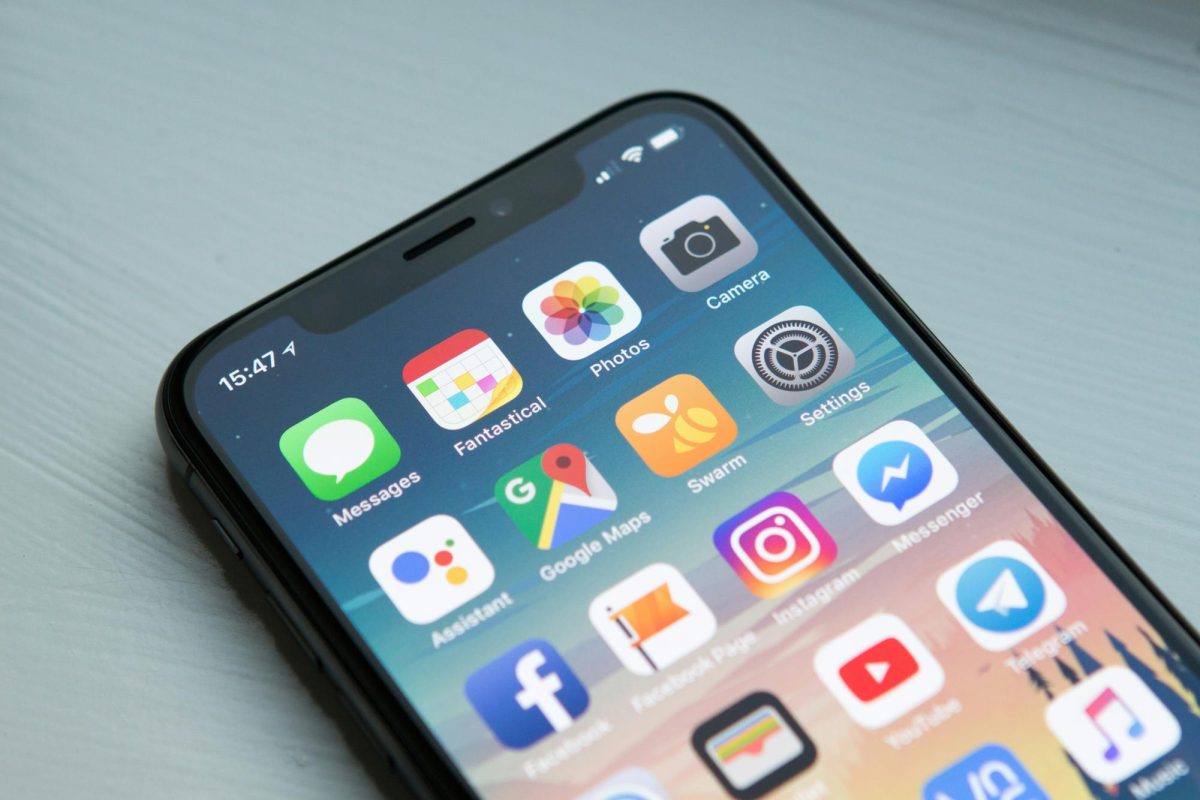In 2010, Apple’s iPad was released and gained extreme popularity almost instantly. Similarly, Generation Alpha also made their mark in 2010, with roughly four million children being born that year. Parents took advantage of this new technological development, and used apps like “ABCMouse”, “ABCya” and “PBS Kids” to help teach and entertain their children. This was harmless, and even seemingly effective at the time; however, as Generation Alpha continues to become a more and more integral part of our society, the impacts of using technology in place of traditional parenting methods have become regrettably apparent. On average, children and pre-teens are seen to have been spending hours longer on technology and social media platforms daily than in previous years. Coincidentally, Generation Alpha is now reported to have a particularly low literacy rate, behavioral problems and poor social and personal development. All of these issues are frightening and completely avoidable, parents and teachers just need to do their due diligence in protecting the new generation from the dangers of a screen.
The initial issue seen in children raised by technology is a distinct change in behavior. One of the most prominent issues seen is a lack of attention span. Online games and videos are littered with bright visuals, flashing graphics and lots of moving parts to help keep the attention of the viewer. However, a child’s brain is malleable and vulnerable to adapting to these stimuli, therefore damaging their long-term attention span (Taylor). This developed behavior will then follow kids into the classroom, affecting their learning comprehension and classroom behavior. Additionally, the new generation is already accustomed to screen time, and has been seen to show disinterest and even irritability when offered to participate in a non-virtual activity. At its most mild, these behavioral deficits will lead to a lack of attention span and a strong preference for virtual activities. Even then, these attitudes will be and already are hard to redirect in schools, and will be nearly impossible to work around in formal work settings. In extreme cases, the overuse of technology during formative years may lead to extreme irritability, poor self-soothing skills and aggression (Garg). On any scale that you look at, technology, and whatever short-term benefits it may have, is not worth the long-term and harmful consequences.
The behavioral issues linked with children overusing technology is now leading Generation Alpha down a path to illiteracy. While there is no specific part of a computer that forces low reading levels on the new generation, it doesn’t take a genius to connect the dots. I’ll begin by explaining the Flynn Effect. The Flynn Effect is the idea that there is a steady increase in population IQ as new, savvier generations get older. However, recent research concludes that the Flynn Effect is decreasing in higher developed countries while it continues to rise in lower developed countries (Bratsberg & Rogeberg). This could be linked to the fact that in higher developed countries, like America, there is more access to blue light technology, which inherently distracts those who use it. The overuse of screen time has become a societal issue, as the intelligence of the new generation is in a deficit. However, many parents believe that learning apps like “Khan Academy” and “ABCMouse” have improved their kids’ development and have given them a jumpstart in schooling. These apps can be incredibly motivational and easy to use for school kids, and learning apps are much more beneficial to young minds than other silly apps targeted at kids. However, studies show that these games range from mildly negative to greatly beneficial for the child playing it. This range is too large a gap to be trusted to teach children effectively, especially given the following negative impacts that blue light technology has on children. Additionally, the rapid clicking and flashing bright colors inside of the apps aret543 still harmful to young children. It may be a stretch to say that Generation Alpha is illiterate, however over half of Generation Alpha fourth graders aren’t even reading at grade level (Kumar). That is a terrifying and completely avoidable statistic.
If children grow up glued to their phones, necessary linguistic and social skill that every functioning human needs will be hindered in the new generation. In general, the use of technology, primarily online communication, has been seen to hinder adults’ face-to-face communication skills; the uprise of texting has limited the amount of in-person communication, therefore diminishing communication skills. Children are still developing in every way of the word, and need verbal communication in order to perfect linguistic skills. The overuse of the internet during formative years would put a dent in linguistic and in-person communication skills, as they won’t be able to effectively practice communication skills, nor will they be able learn this skill through osmosis with their peers or parents. Additionally, a child’s identity and overall personality is decided greatly through feedback; whether it be from a laugh from a peer, or a stern look from a parent, children’s brains and identities are very malleable during the early stages of life. Generally, technology doesn’t respond to behavior, therefore hindering that process. If a child goes to social media for some kind of feedback, it would be greatly negative and likely detrimental to their young self-esteem. Without human interaction or communication, Generation Alpha will be the least linguistically and socially advanced modern generation to date.
Despite this, Generation Alpha is still a budding generation with potential. However, as time goes on and these practices go unchanged, their full potential will never be met. Technology cannot be trusted to teach the next generation; in fact, children shouldn’t even be around technology for extended periods of time. Parents have been raising children without blue-light distractions for centuries, and from that we got Leonardo de Vinci, Emily Dickinson and Marie Curie; these people were all incredible artistic, literary, or scientific geniuses, all without the distraction of the internet. Going forward, parents and teachers should begin to have strict screen time and monitor their children when on technology. According to OSF Healthcare, children under the age of two should only use blue light technology for video chatting, and from then until teen years, a general rule of thumb is that kids should spend around a third of their age online (six years, means 2 years). Parents and teachers should also find more kinesthetic activities, like charades, to promote reading skills while teaching kids how to comprehend human movement to help social skills. There are so many more fun and beneficial things for kids to do than to waste away online.







